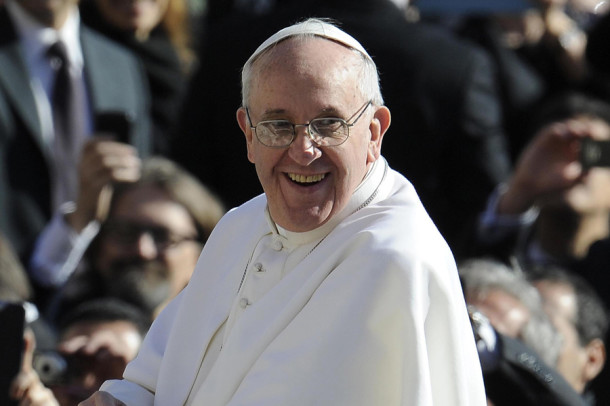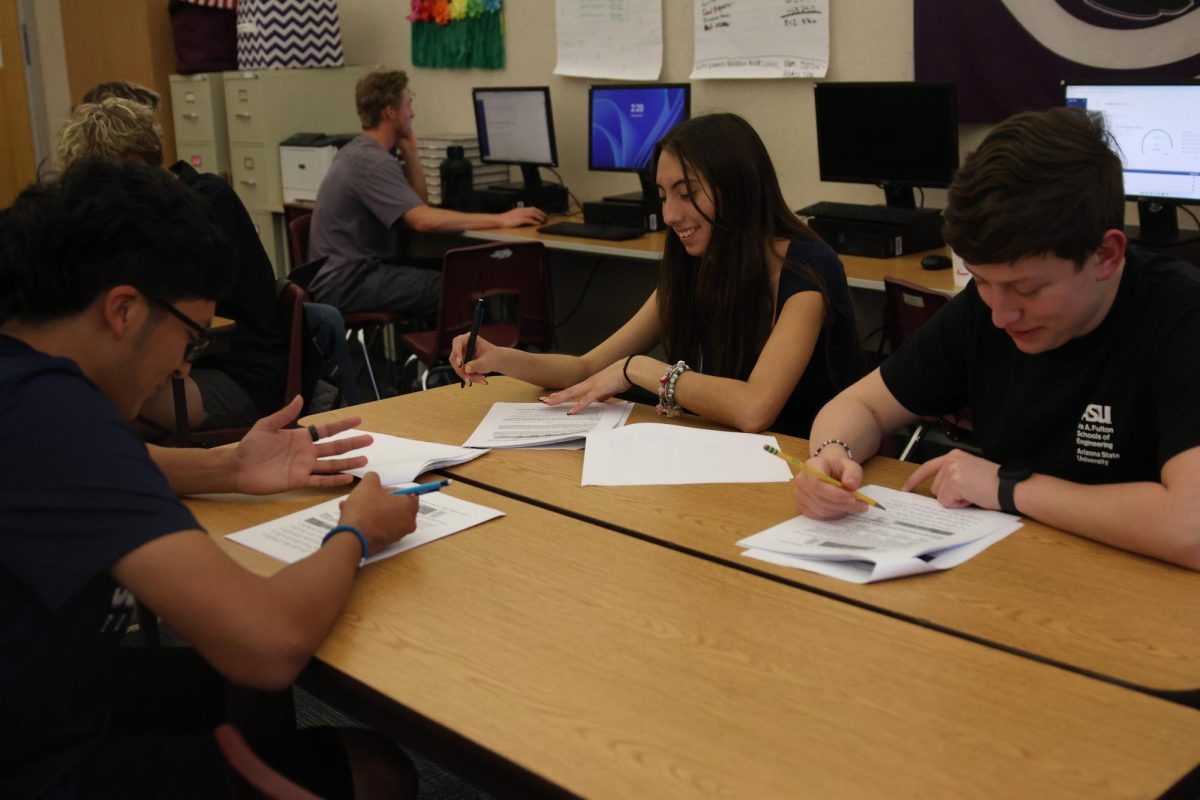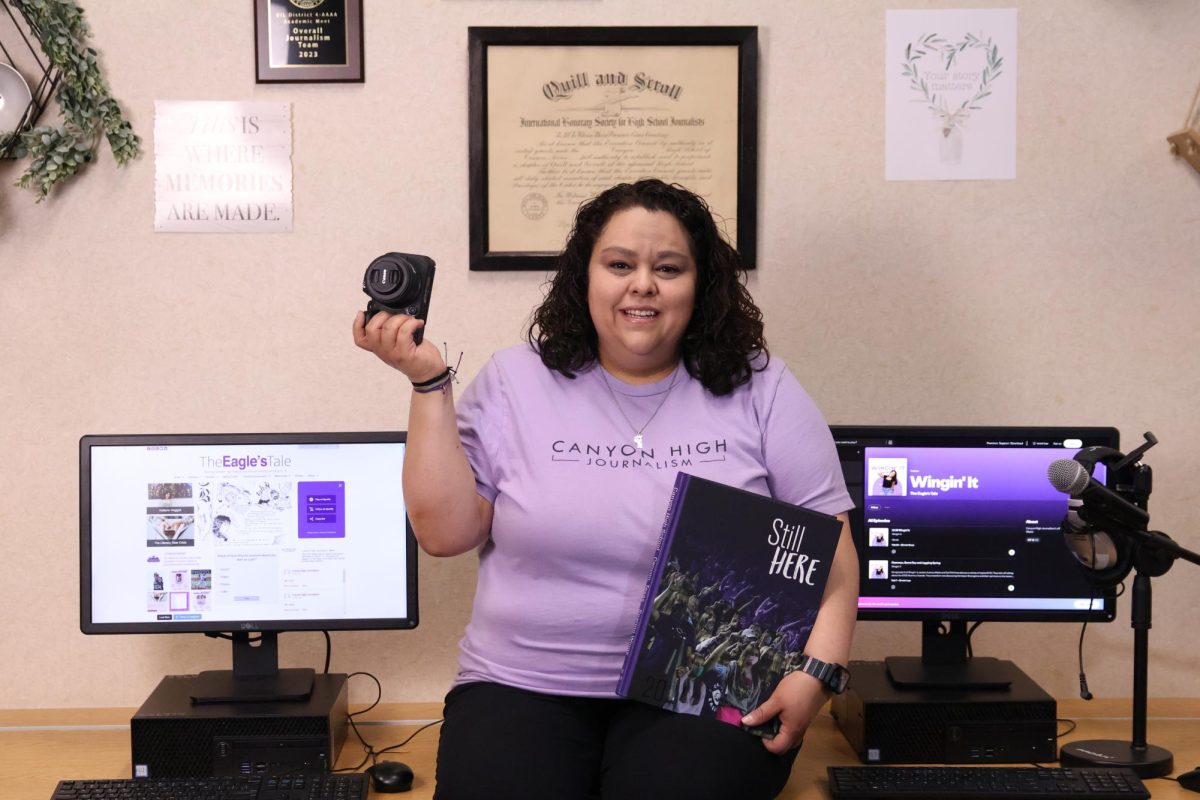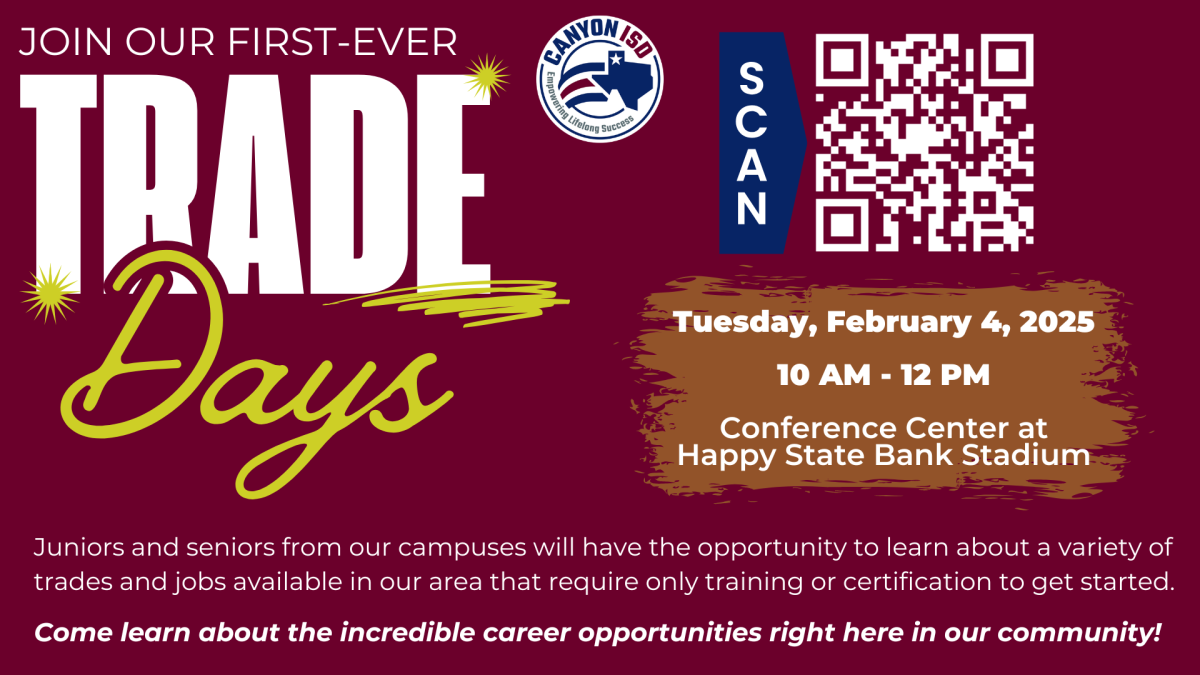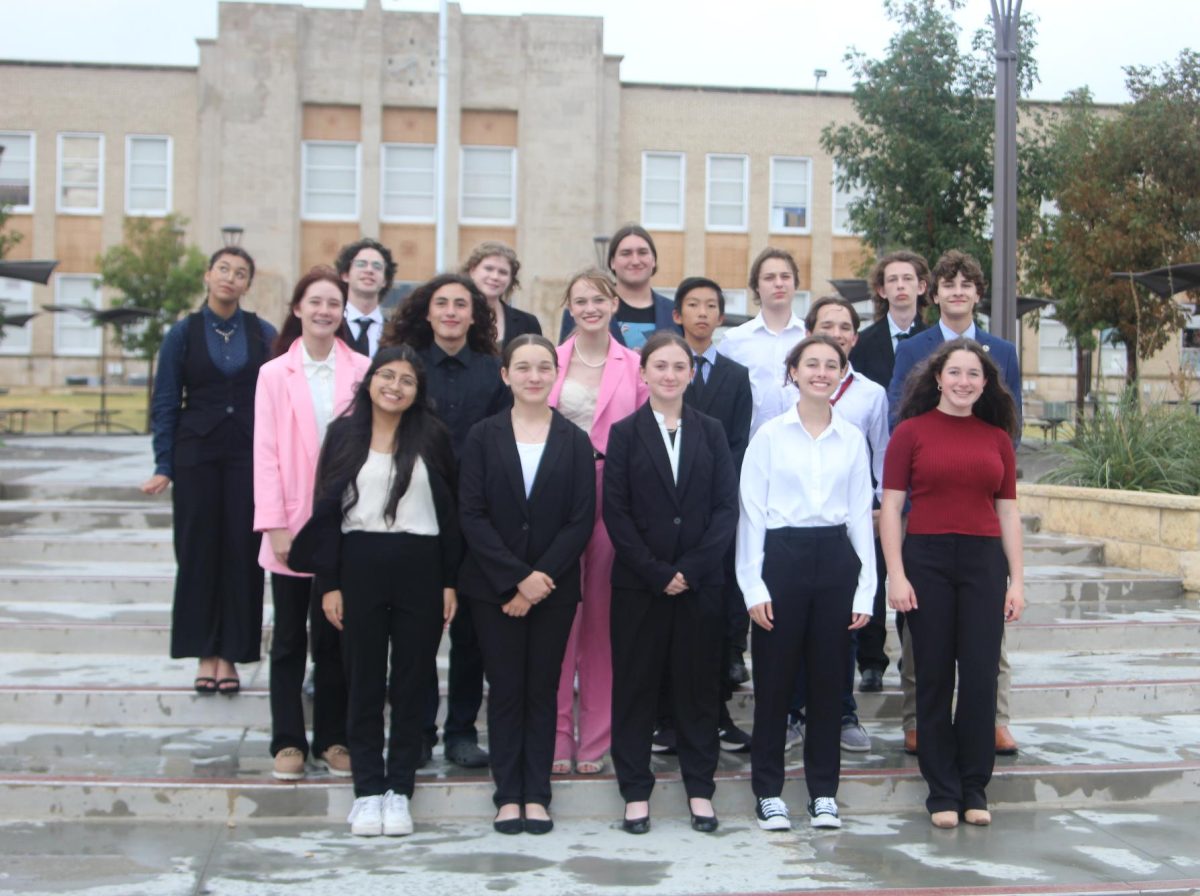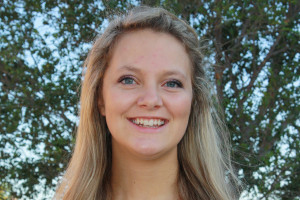A trilingual, trained chemist, with one lung, who cooks his own meals and rides the subways of Argentina. These characteristics are a few of the unique descriptions of newly elected Catholic Pope Francis as of March 13, 2013.
Pope Benedict XVI announced he would step down from his duties Feb. 11. He is the first pope to resign in almost 600 years. He finished his Papacy Feb. 28 at 8 p.m., at the regular time Benedict would finish his work days. Benedict was elected pope in 2005 after the death of Pope John Paul II.
“I was shocked,” senior Cassie Morales said. “It’s never really happened in my lifetime. We went to the church for a few weeks and you think you wouldn’t notice a change but there was.”
Benedict, who turns 86 in April, said he believes his strength and health are no longer suited to an adequate exercise of the Petrine ministry.
“I thought that it was very humble of him to step down knowing that he is not physically able to lead the church,” freshman Kayla Finke said.
The place in which cardinals meet in private for the election of a pope is called conclave. Cardinals go through a detailed decision making process and participants in the conclave are not allowed communication with the outside world until a decision has been made.
“I really like it because nowadays everything is leaked to the media and for them to be able to keep that a secret is really cool,” junior Pate Salazar said.
If a cardinal has received two thirds plus one vote he becomes the new pontiff. After votes are tallied, they are collected and burned. Chemicals are placed with the burning ballots to change the color of smoke emerging from the roof of the Vatican to black if there is an undecided vote. If a decision is made, ballots are burned alone to produce white smoke to announce the election of the new pope to those waiting in St. Peter’s Square or watching through news broadcast.
“It was really neat,” Morales said. “It was the first time I’d ever seen anything like that. I was just stuck there watching TV for an hour. I find it interesting that people may not have the same religion but they’re all interested in the process.”
With the change of the pope making history for the Roman Catholic Church, the eyes of the world are turned to members of the Catholic Church for answers.
“I think it’s kind of fun,” senior Collin Backus said. “When they come up and ask questions, you can answer and feel like you know your faith.”
Pope Francis’s full name is Jorge Mario Bergoglio. He is the first Jesuit pope, first pope from Latin America as well as the first pope born outside of Europe in more than 1,000 years. Before his election he was archbishop of Buenos Aires. After being elected pope, he remained standing on the same level as cardinal-electors instead of sitting on the throne. With the responsibilities that come with leading 1.2 billion Catholics many have said he’s just a normal person.
“He is a very humble guy,” Salazar said. “He is the people’s pope. He doesn’t want to be above anybody. He wants to help the poor and live the life of poverty.”
Salazar expressed surprise towards the more elderly age of Pope Francis, age 76, but believes his stands and beliefs will help the younger generation of Catholics, be a great example to them, and he will be able to reach out to other religions to come together as friends. Finke shared her excitement about Pope Francis’s willingness to speak out about major issues occurring in the Catholic Church.
“Everyone is going to have a different reaction to the change,” Morales said. “It just depends how you take the change.”

